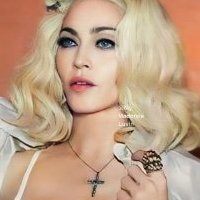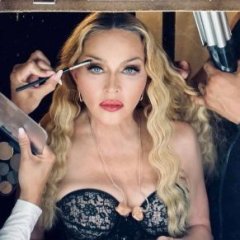The Madonna [First Album] Era
-
Recent Activity
-
- 13,095 replies
- 563,157 views
-
- 1,810 replies
- 87,932 views
-
- 14,086 replies
- 935,614 views
-
- 65 replies
- 2,228 views
-
- 2,611 replies
- 84,070 views
-
- 944 replies
- 65,336 views
-
Like a Prayer featured in new “Deadpool & Wolverine” trailer 1 2 3 4
By deathproof, in News ✖ Discussion
- 87 replies
- 3,390 views
-
- 41 replies
- 598 views
-
-
Recently Browsing 0 members
No registered users viewing this page.








Recommended Posts
Join the conversation
You can post now and register later. If you have an account, sign in now to post with your account.